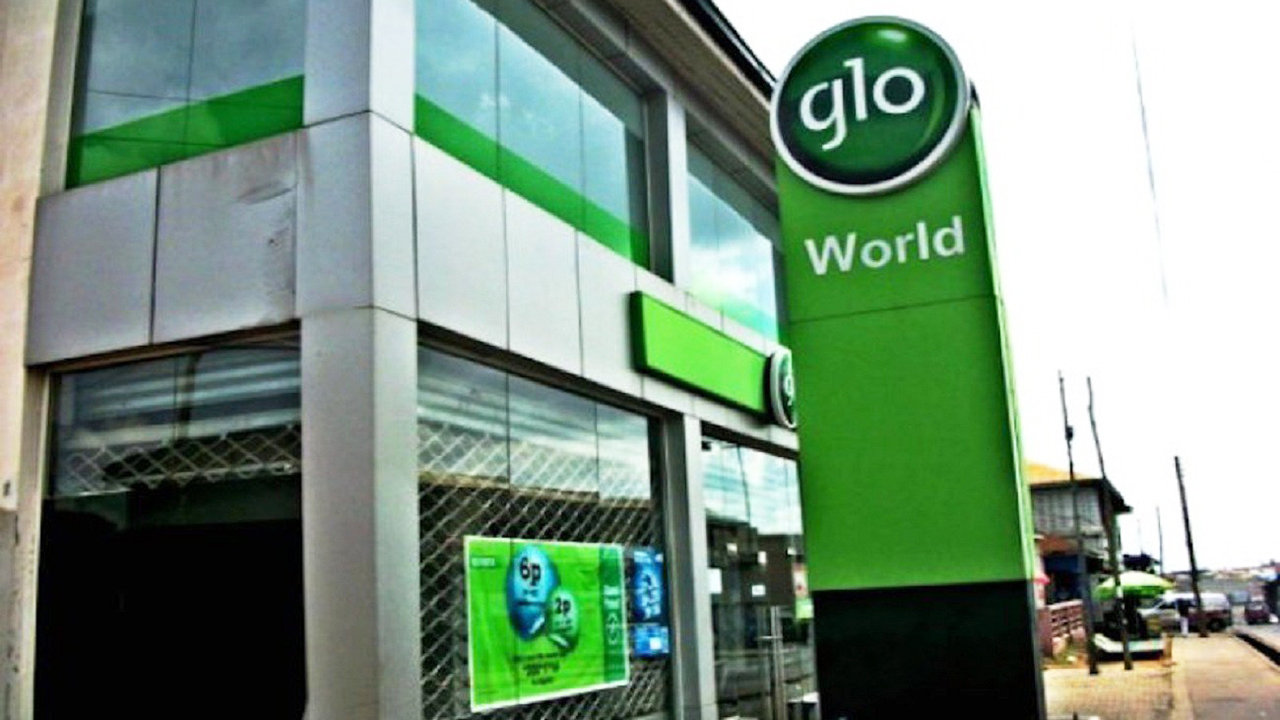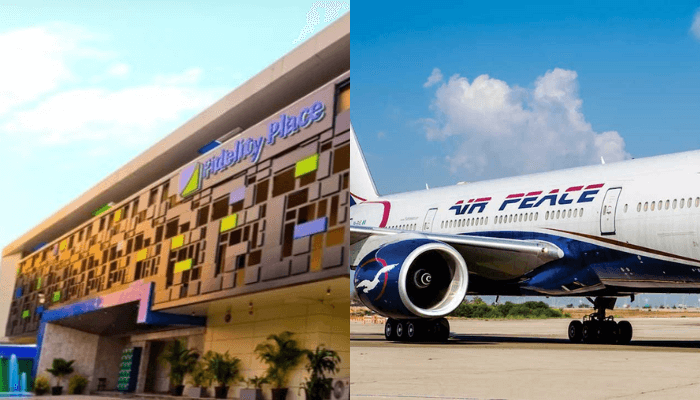Business
Petrol Imports Gulped N1.71tn in 2019 – NBS

The amount spent on petrol imported into the country dropped by 42 per cent to N1.71tn in 2019, data obtained from the National Bureau of Statistics have shown.
The N1.71tn represented 10.75 per cent of the amount spent on all imported goods last year, compared to 2018 when petrol accounted for 22.4 per cent of total imports (N13.16tn).
The decline in the amount spent on petrol imports last year was partly due to the fall in the average price of Brent crude oil, the international benchmark. The price of Brent crude averaged $64 per barrel in 2019, down from $71 per barrel in 2018, according to Energy Information Agency.
Nigeria, Africa’s largest oil producer, relies largely on importation for petrol and other refined products as its refineries have remained in a state of disrepair for many years.
The Nigerian National Petroleum Corporation has been the sole importer of petrol into the country for more than two years, after private oil marketers stopped importing the commodity due to crude price fluctuations among other issues.
The refineries, located in Port Harcourt, Kaduna and Warri, have a combined installed capacity of 445,000 barrels per day but have continued to operate far below the installed capacity.
Petrol imports gulped N190.78bn in the first quarter of last year; N572.28bn in Q2; N371.79bn in Q3, and N574.88bn in Q4.
The amount spent on petrol imports rose by 49.75 per cent to N2.95tn in 2018 from N1.97tn in 2017, according to the NBS data.
Petrol imports gulped N1.63tn in 2016, representing 18.4 per cent of total imports.
Latest data from the NBS showed that the country imported a total of 4.87 billion litres of petrol in Q1 2019; 5.61 billion litres in Q2, and 5.09 billion litres in Q3.
The NNPC had said in July 2019 that petrol was being smuggled out of the country to Ghana, Burkina Faso, Mali and Cote d’Ivoire as a result of the price disparity of petrol between Nigeria and the other West African countries.
The corporation, through the ‘Direct-Sale-Direct-Purchase’ arrangement introduced in 2016, supplies petroleum products into the country.
Under the DSDP scheme, selected overseas refiners, trading companies and indigenous companies are allocated crude supplies in exchange for the delivery of an equal value of petrol and other refined products to the NNPC.
While diesel and kerosene prices have been deregulated, the government still pays subsidy to make petrol cheaper at the pump.
The PUNCH reported last week that the landing cost of petrol had dropped below the approved pump price of N145 per litre on the back of the sharp decline in crude oil prices.
The international oil benchmark, Brent crude, which has been on a downward trend since coronavirus broke out in China, fell to the $30 per barrel range this week.
The Punch
Business
FirstBank Partners Verve to Issue Free Debit Cards in Nationwide Promo

First Bank of Nigeria Limited (FirstBank), Nigeria’s premier and leading financial inclusion services provider, has announced the launch of the Verve Flash Promo, a special initiative rewarding customers with free Verve cards.
The campaign, which commenced on 6 October 2025, and will run until 30 January 2026, is exclusively targeted at FirstBank customers whose ATM cards have expired.
The free cards will be issued daily to 131 customers on a first-come, first-served basis across the Bank’s branches, nationwide. FirstBank’s unwavering commitment to convenience, accessibility, and customer satisfaction.
Speaking on the rewards to FirstBank customers, Chuma Ezirim, the Group Executive, e-Business and Retail Products at FirstBank, said: “The Verve Flash Promo is not just about rewarding customers with free verve debit cards; it is about celebrating our legacy of 131 years of trust, resilience, and innovation in the Nigerian financial services industry. At FirstBank, we remain committed to providing customer-centric solutions that enable secure, seamless, and convenient payment experiences. Partnering with Verve International on these initiatives, including the Verve Good Life promo, underscores our shared vision of deepening financial inclusion while rewarding our loyal customers for their continuous patronage.”
Also commenting, Vincent Ogbunude, Managing Director, Verve International, noted:
“Through strategic collaborations like this with FirstBank, we continue to demonstrate Verve’s commitment to enhancing access to seamless payment solutions for every Nigerian. The Verve Flash Promo not only rewards loyal customers but also reinforces our vision of making everyday transactions more rewarding, secure, and convenient. As we extend the Good Life Promo, we remain steadfast in our goal of deepening financial inclusion while delivering real value to Verve cardholders across the country.”
Meanwhile, the ongoing Verve Good Life promo, designed to reward Verve debit card holders for using their cards at specific merchant points, has been extended to 30 November 2025.
During the period, Verve Card holders enjoy 10% cashback at The Place Restaurant, Quickteller, Buypower, Filmhouse, AlliExpress, Addide Supermarkets, and Chowdeck app every Thursday to Sunday.
Verve cardholders can now enjoy a 10% cashback on the Google Play Store any day of the week throughout the Good Life Promo, which runs until 30 November 2025. Moreso, every transaction made with a Verve card whether on ATMs, POS terminals, or online platforms automatically earns customers a chance to win up to ₦1,000,000.
Business
Glo Enhances Data Bundles, Offers More Data at No Extra Cost

Nigeria’s leading telecommunications company, Globacom, has announced enhancement of its data bundles to give subscribers more data volume at the same affordable prices.
The upgrade reinforces the company’s commitment to providing superior value and exceptional customer satisfaction.
The upgraded Glo Data Bundles are enhanced versions of the existing daily, weekly, and monthly plans, giving subscribers more data at no additional cost.
These improvements offer users greater freedom and convenience to enjoy their favourite online activities from streaming and gaming to social media, video calls, and more.
For daily users, the ₦100 plan has been upgraded from 105MB to 125MB, giving light internet users even more data to browse, chat, and stream short videos conveniently.
The weekly bundles have also received notable boosts, such as the ₦1,500 plan, which now offers 6GB instead of 5.9GB, enabling subscribers to stay connected longer.
Heavy data consumers will also enjoy remarkable value on the monthly plans. The ₦2,000 bundle now gives 6.25GB, while the ₦10,000 package has been enhanced from 38GB to 42GB, allowing users to do more from video streaming and large file downloads to remote work and virtual meetings.
Students are not left out, as the Campus Booster Plan has been upgraded with higher data allowances, ensuring seamless access to academic resources and social networks while on campus.
Globacom noted that the revised bundles are available to all Glo customers prepaid, postpaid, and hybrid and can be activated by dialing *312#, using the Glo Café app (available on Android and iOS), or visiting hsi.glo.com.
The company added that subscribers can use, share, or gift data through *312# or the Glo Café app. Customers will also continue to receive data usage alerts at 75% and 100% consumption levels to help monitor usage effectively.
Unused data is automatically rolled over upon renewal before expiry or when a new plan is purchased within the grace period (ranging from one to seven days, depending on the plan).
Globacom reaffirmed its commitment to empowering Nigerians with reliable and affordable data access, urging customers to take advantage of the revised data bundles that combine affordability, quality, and more browsing power ensuring every Glo subscriber enjoys more data without paying more.
Business
Maiden Flight to Heathrow Airport: Fidelity Bank Hails Air Peace

Fidelity Bank Plc has congratulated Air Peace on the successful launch of its maiden direct flight from Lagos to London Heathrow, describing the milestone as a significant achievement for Nigeria’s aviation sector and a testament to the power of indigenous partnerships.
The commendation was delivered by Dr. Nneka Onyeali-Ikpe, managing director of Fidelity Bank, during a special event held in Lagos to celebrate the airline’s expansion into the European market.
“This is not just a win for Air Peace, but a win for Nigeria,” Onyeali-Ikpe said. “It reflects the strength of home-grown businesses and the impact of strategic financial support in enabling national champions to thrive on the global stage.”
Nigeria CommunicationsWeek reports that Fidelity Bank has played a pivotal role in Air Peace’s growth, providing early financial backing and advisory services that helped the airline become the largest carrier in West Africa. The bank continues to support Air Peace through payment processing and other financial services
The launch of the London route marks a new chapter for Air Peace, which now joins a select group of African airlines operating direct flights to Heathrow.
The development is expected to boost tourism, trade, and connectivity between Nigeria and the United Kingdom.
Speaking at the event, Allen Onyema, Chairman of Air Peace, expressed gratitude to Fidelity Bank for its unwavering support and reaffirmed the airline’s commitment to excellence and service.
“This partnership has been instrumental in our journey,” Onyema said. “We are proud to fly the Nigerian flag across international skies.”
Industry stakeholders present at the event praised the collaboration between the two companies as a model for sustainable business growth and national development.






